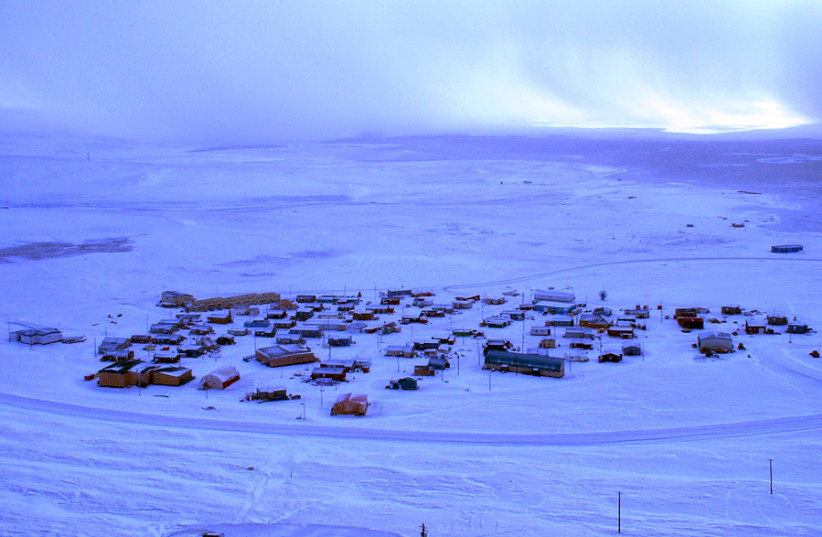With climate change on the rise, the landscape of the arctic circle is changing rapidly. However, scientists are examining ecological precedents to see what these changes could mean for the environment in the global north.
According to new research out of the University of Kansas, early primates were able to adapt to life in the warm climate of prehistoric Canada.
The study, published in the peer-reviewed journal PLOS ONE, looked into how ecosystems react to changing climates by examining fossils from Ellesmere Island, Canada which underwent significant changes during the extreme global warming of the Eocene Epoch approximately 50 million years ago.
Researchers identified two new species that lived in the once-swampy Canadian region, which feature notable adaptations for a warm climate. The species, Ignacius dawsonae and Ignacius mckennai closely resemble today's rodents but are actually close relatives of early primates.
Such creatures would not have ordinarily been able to survive the frigid climate, scientists hypothesized that warmer temperatures led to northern migration which resulted in the species adapting to cold-weather environments as time passed and the cold returned. For example, both species have teeth and jaws that suggest a diet of tough foods which would have come in handy during arctic winters when soft food became a rarity.

The study authors wrote: “Global warming is transforming Arctic ecosystems in ways that are difficult to predict, but ancient episodes of global warming show how future changes in the Arctic might unfold. The first primate-like fossils ever recovered north of Arctic Circle show that these tropically adapted mammals were able to colonize the Arctic during an ancient episode of global warming approximately 52 million years ago by adopting a new diet of nuts and seeds that enabled them to survive six months of winter darkness.”
Climate change in the 21st century
The year 2022 was the fifth warmest year on record, tied with 2015 in terms of average surface temperature, NASA reported earlier this month.
These reports are in line with an overall trend in warming temperatures, with global temperatures in 2022 being 0.89 degrees Celsius above NASA's average for its baseline.
Overall, Earth is now around 1.11 degrees Celsius warmer than the average during the late 19th century.
This trend was especially evident over the past nine years, being significantly warmer since recordkeeping started in 1880.
The Environment and Climate Change portal is produced in cooperation with the Goldman Sonnenfeldt School of Sustainability and Climate Change at Ben-Gurion University of the Negev. The Jerusalem Post maintains all editorial decisions related to the content.
